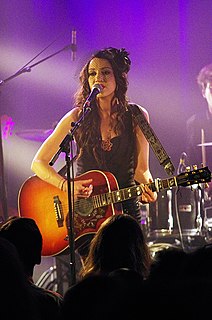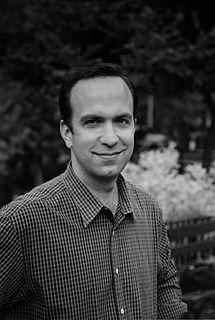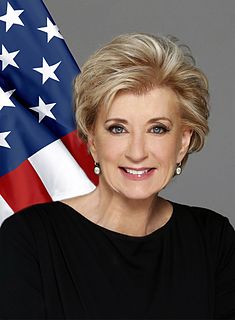A Quote by Rachel Kushner
I was really inspired by these larger-than-life female artists like Lee Bontecou and Eva Hesse and Yvonne Rainier and the incredible Lynda Benglis. There were many women who were really driven and became successful, who were part of essential paradigm shifts, despite the fact that the art world was still dominated by men.
Related Quotes
It just struck me as really odd that there were all of these conversations going on about what young women were up to. Were young women having too much sex? Were young women politically apathetic? Are young women socially engaged or not? And whenever these conversations were happening, they were mostly happening by older women and by older feminists. And maybe there would be a younger woman quoted every once in a while, but we weren't really a central part of that conversation. We weren't really being allowed to speak on our own behalf.
We had a moment in the '40s and '50s, where female characters were very strong in film, where these incredible roles were written for women like Joan Crawford, like Bette Davis. But then there was a space of time where - I don't know why - it wasn't like that. It became difficult for women to find certain roles after a certain age.
Men ruled the roost and women played a subservient role [in the 1960s]. Working wives were a rarity, because their place was in the home, bringing up the kids. The women who did work were treated as second-class citizens because it was a male-dominated society. That was a fact of life then. But it wouldn't be tolerated today, and that's quite right in my book... people look back on those days through a thick veil of nostalgia, but life was hard if you were anything other than a rich, powerful, white male.
We know that there were so many Japanese American soldiers in World War II who were fighting in Europe despite the fact that their families, their parents were back home in American prison camps. It's savagely ironic that between themselves and the African-American soldiers, who were also segregated and didn't see the fruition of the work the culminated in the Civil Rights Act until the '60s, that these American heroes and their stories are not well known; and the fact that the 442nd/100th became the most decorated unit in U.S. history.
Norman Rockwell spent his career painting pictures that helped people understand their own feelings...pictures that enriched their own experiences and celebrated their own lives. But the art establishment branded him an 'illustrator', a sentimental one at that. Real artists, they said were doing art for art's sake, not for the sake of the bourgeois public. Real artists were putting swiggles, smears or daubs of paint on the canvas. They were doing 'innovative' and 'creative' work. If they were hideous and grotesque; we know that's what life really is!
I was a young feminist in the '70s. Feminism saved my life. It gave me a life. But I saw how so much of what people were saying was not matching up with what they were doing. For example, we were talking about sister solidarity, and women were putting each other down. We were talking about standing up for our rights, and women weren't leaving abusive relationships with men. There were just so many disconnects.
I really lucked out with that song ["As Cool As I Am"]. Men were becoming much more comfortable with all the different facets and parts of their identity, including their gentler, funnier, sillier, nurturing parts. They started showing up. There was so much exploration of gender at that time. Women were showing up with the range of ways of being female in the world and men were showing up with the range of being male in the world.
The song "This Is Not Surreal," was inspired by a painter I love, Frida Kahlo. She really did suffer for her art. She speaks to me. She was brutally honest in her work. At that time in fine art, you really didn't see many female artists expressing that. She was such a strong female presence, and I really look up to her. She had a lot of physical pain.
Even as a teenager we got interested in the Beats, Dada, and Surrealism, and so on. What drew us to those was that their lives were their art. It wasn't something they did separately. Reading biographies of artists of that kind was what was fascinating to me, more than the stuff they made. We became convinced that life and art is really the same thing.
How many boys like him were out there in the ether, holding on to their big brothers and sisters who were still alive? How many husbands were floating between life and death, clinging to their wives in this world? And how may millions and millions of people were there in the world like Charlie who wouldn't let go of their loved ones when they're gone?
In my mind at that time, at 14, the men who were successful were Stallone and Schwarzenegger and guys like that - Harrison Ford - who were these men of action. I was like, "Okay, they're successful, they're not getting evicted, they built their bodies - I'm gonna go build my body." It was like that.






































